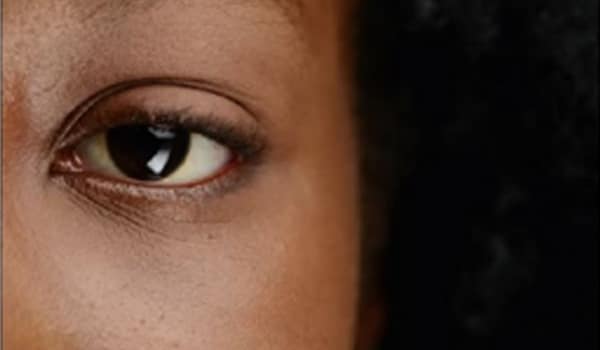
This report was developed and produced by Women and Law in Southern Africa Research and Educational Trust–Malawi (WLSA Malawi) and Godfrey Dalitso Kangaude, who is a Reproductive and Sexual Health Law Fellow at the University of Toronto, in collaboration with the International Women’s Human Rights Clinic (IWHRC) at Georgetown University Law Center, Washington, DC, USA. It was adapted from a longer, multi-authored and supervised human rights report.
In addition to this report, WLSA Malawi, Godfrey Dalitso Kangaude, and the IWHRC have also proposed amendments to the draft Termination of Pregnancy Bill currently under consideration in the parliament of Malawi. These proposed amendments are meant to better protect women and girls from unsafe abortion, especially in a Covid-19 context, and reflect recent developments in international law on the rights of girls and women to access safe abortion since the 2015 bill was drafted.
The collaborators of this report (the researchers) conducted extensive research on the rights guaranteed by Malawi’s Constitution, as well as the rights enshrined in various international and regional treaties to which Malawi is a State Party. To supplement their understanding of global trends in legislation, the IWHRC faculty and students also researched numerous comparative jurisdictions.
Since March 2020, all of Malawi’s schools have been closed due to the threat of Covid-19. As a result of these closures, students across the country have been out of the classroom. The rate of teenage pregnancy has soared. Parliament must address the restrictive abortion law urgently in order to prevent a surge in unsafe abortion and the deaths and serious health consequences that will surely follow.
The section headings of the report are:
- The current law, its implementation, and its history
- Harmful consequences of abortion criminalisation
- Underlying reasons for unintended pregnancies
- Rights violations under international law and the Constitution
The authors conclude that “the Bill proposed by the special Law Commission on the law on abortion, while a significant step towards making abortion safe and more accessible, still contains substantial gaps and restrictions that would make safe abortion unavailable to many women and girls”.
The following are the changes they recommend to the bill, which has been pending in the parliament of Malawi since 2015:
- Allow pregnancy termination on request in the first trimester
- Allow certified health service providers to consider all necessary factors in their mental health assessments
- Allow abortion in cases of severe foetal impairment, which may include fatal foetal abnormality
- Clarify that “defilement” includes all girl children who become pregnant as a result of this kind of sexual abuse
- Delete the 16-week time limit for termination based on rape, incest, or defilement
- Remove the police reporting requirement for termination based on rape, incest, or defilement
- Remove imprisonment as a penalty for violating the law on termination
- Clarify that 12 weeks’ gestation refers to the first 12 weeks of a pregnancy after conception.
FULL REPORT: Georgetown Law
[POSTSCRIPT: The day after we received the above report from Godfrey Kangaude, it was announced in the Malawian media that the abortion law reform bill tabled in Malawi’s parliament in 2015 would be debated in the current parliamentary session. Immediately, conservative, anti-abortion, religious figures were pictured and quoted in the news. An opinion in support of the bill was published here: Nyasa Times, by Mike Fiko, 15 September 2020. More soon!]



